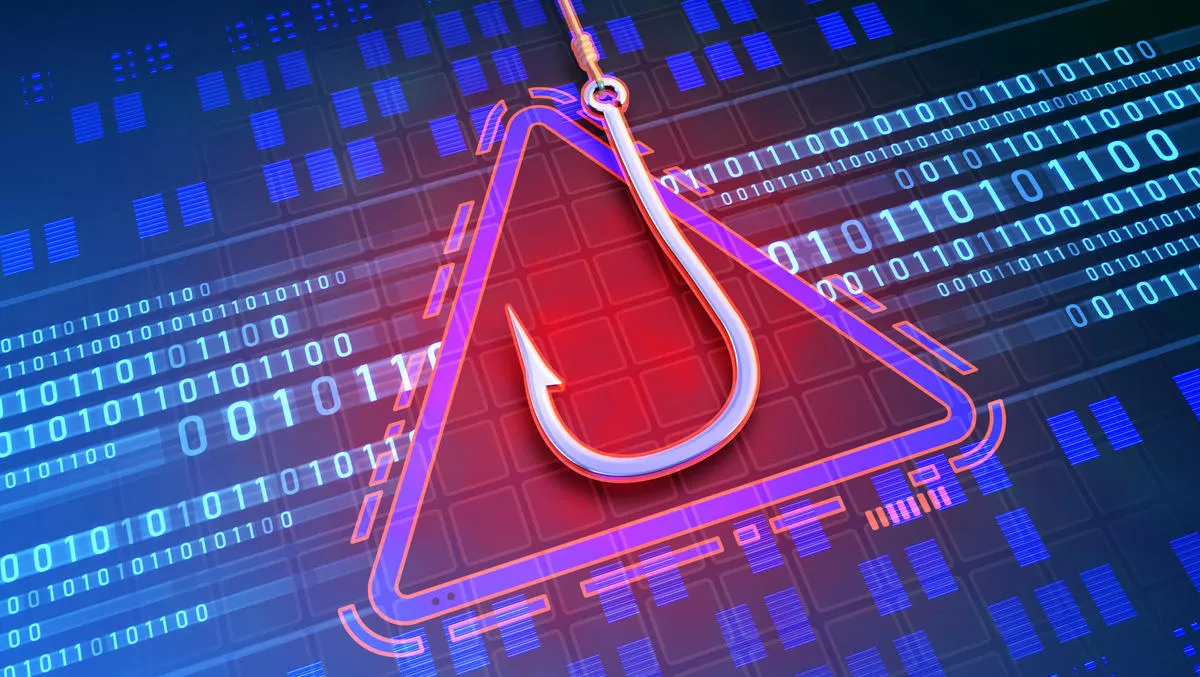
Scammers target victims using COVID-19 vaccine news
Next year will see a wave of new cybersecurity threats, according to new predictions from NortonLifeLock.
The cybersecurity firm says the odds are high that 2020 will face several cybersecurity threats directly related to the COVID-19 pandemic and the increasing amount of time people will spend working from home.
According to NortonLifeLock, COVID-19 scams, malware, and fraud will "follow the news"
"We are all eager for a vaccine to end the COVID-19 pandemic. And that eagerness? It's great news for scammers," the company says.
Security experts are warning consumers to watch for phishing attempts linked to vaccine news.
"Plenty of phishing emails promising consumers early access to COVID-19 vaccines or giving them the chance to buy doses by mail.
"Of course, these messages will be scams. Phishers might ask victims to send payment for a vaccine that they don't have. Others will use consumers anticipation of a vaccine to scam them out of their credit card or other financial information," it says.
NortonLifeLock says consumers can avoid these scams by realising two key facts: The COVID-19 vaccine is not for sale and theres no way for them to skip the vaccination line. Any message promising them early access to the vaccine is certainly a scam.
"The challenge here? Many people desperately want to believe they can get their COVID-19 vaccines quickly. That desperation makes them more vulnerable to phishers. Why? They want to believe the message scammers are promoting. That makes them more likely to turn off their scepticism when they receive a phishing email," the company says.
NortonLifeLock says online learning will turn parents and students into targets.
"Families are spending more time at home during the pandemic, with parents working from home and many children taking their classes from their bedrooms or kitchen tables, too," it says.
This makes for tempting targets for cybercriminals, who are not above using peoples fears of COVID-19 to trick them into giving up personal information or providing access to their bank accounts or credit cards.
Cybercriminals can also infect metadata files such as Word documents sent from teachers to students. Again, this is an easy way to infect the devices of victims.
"Parents are busy today, with many juggling their own jobs while overseeing their children who are learning from home. It's not surprising that parents might be more vulnerable to phishing scams, especially those related to online learning."
NortonLifeLock says scammers might send emails to parents and children claiming that they must log onto a specific website to access study materials or documents. Then, when they click on the site, it floods their computer with malware.
"Other sites might request personal or financial information before parents or students are allowed to log on. Parents might, in the rush to get their children the proper school supplies or lesson materials, provide this information without worrying about a scam. But once parents send it? They've given their information to a scam artist who can use it to steal their identity or access their online credit card or bank accounts."
NortonLifeLock says in 2021, disinformation will persist beyond the election in the U.S.
"While the 2020 presidential election has concluded and the Electoral College has formalised the results, the internet remains full of claims of a stolen election. It is probable that disinformation regarding the presidential election could last well into 2021. And that could include the spread of conspiracy theories and claims of voter fraud throughout Biden's first term as president," it says.
"In little surprise, social media networks and online message boards are expected to play a major role in disinformation campaigns.
"Those claiming election fraud often turn to social media sites to spread conspiracy theories. And while both Facebook and Twitter have worked to halt the spread of election misinformation on their networks, there's another network of social media sites and online forums that welcome the conspiracy theories."
According to NortonLifeLock, ransomware will hit home, health, and community.
"Scammers have long relied on malware, including ransomware, to infect victims devices. It's a way for them to take control of victims computers, spy on their online activity, fill devices with spam ads, and maybe even break into their online bank and credit card accounts."
"With more people staying home at least in the early months of 2021, expect criminals to only increase their malware attacks. After all, people are easier targets when they're spending more time surfing the web as they wait for the pandemic case numbers to fall."
"Hackers will continue to attack retailers and other service providers throughout 2021 and beyond. Consumers, then, should expect ransomware attacks to continue to target everyday services such as restaurants, department stores and entertainment venues."


